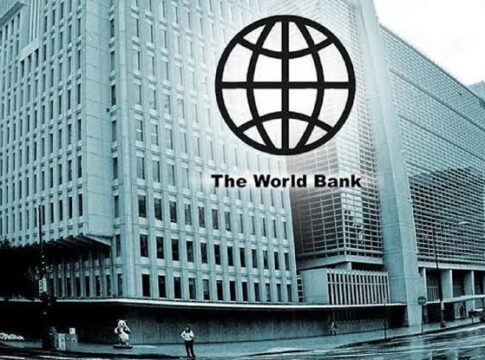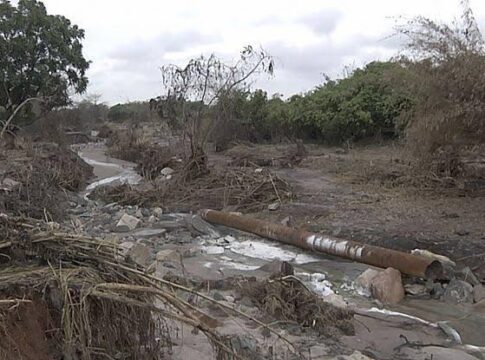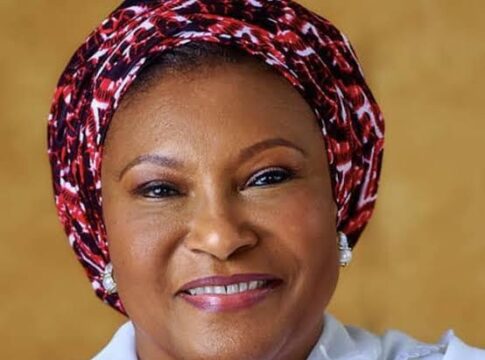Nigeria is on track to secure $1.13bn in new loans from the World Bank by March 2025 to support economic resilience, healthcare, and education reforms. The move comes amid rising fiscal pressures and growing concerns over the country’s debt burden.
According to the World Bank’s website, three major projects for Nigeria are in the final negotiation phase, with approval dates set for this month. These include the Accelerating Nutrition Results in Nigeria 2.0 programme, a $500m Community Action for Resilience and Economic Stimulus Programme, and the HOPE for Quality Basic Education for All initiative, worth $552.2m.
The loans aim to address urgent economic and social challenges, but they also raise questions about Nigeria’s increasing reliance on concessional financing to sustain public sector investments.
Boosting Nutrition, Education, and Economic Resilience
One of the key projects awaiting approval is the Accelerating Nutrition Results in Nigeria 2.0 programme, valued at $80m. It focuses on improving nutrition, especially for vulnerable groups, by enhancing access to dietary support and reducing malnutrition rates. The programme is expected to receive approval by March 31, 2025.
READ MORE: Four Men to One Woman: NELFUND Highlights Gender Disparity in Education Loans
Another initiative under negotiation is the Community Action for Resilience and Economic Stimulus Programme, with a commitment value of $500m. This programme aims to empower local communities by funding small-scale economic initiatives that can drive grassroots development. Approval is expected by March 24, 2025.
Education remains a key priority, with the HOPE for Quality Basic Education for All programme set to receive $552.2m. The initiative focuses on improving school infrastructure, teacher training, and educational accessibility nationwide. If approved, it will support efforts to tackle Nigeria’s learning crisis.
Rising Debt and Concerns Over Borrowing
While the loans could provide much-needed relief, Nigeria’s growing debt burden remains a concern. Data from the Central Bank of Nigeria shows the country has spent $5.47bn on external debt servicing in the past 14 months.
Since 2023, World Bank funding to Nigeria has surged. In that year alone, the institution approved $2.7bn in loans, mainly for renewable energy, women’s empowerment, education, and the power sector. This rose significantly in 2024, with $4.32bn allocated to various projects.
Looking ahead, the Nigerian government is set to secure another $2.23bn in loans from the World Bank in 2025, targeting digital infrastructure, healthcare, and economic reforms.
Finance Minister Wale Edun has previously stated that Nigeria is focusing on alternative funding sources to reduce reliance on debt. “We are prioritising revenue generation, concessional loans, and attracting private sector investment over commercial borrowing,” he said.
Despite these efforts, Nigeria remains the third-largest debtor to the World Bank’s International Development Association (IDA), with outstanding loans of $16.8bn as of December 31, 2024.




